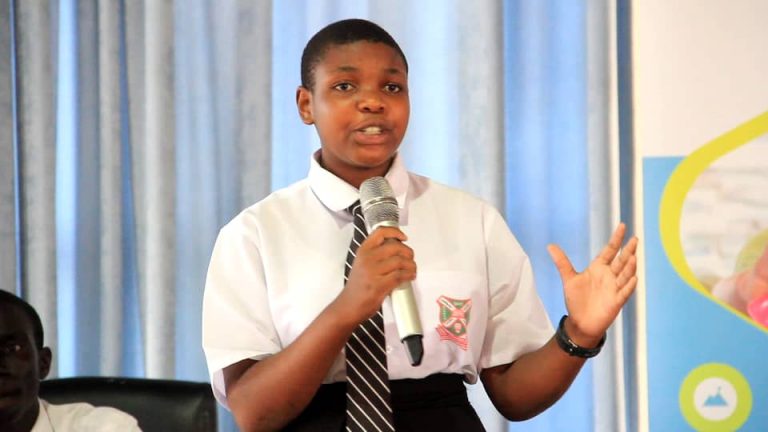Students and local leaders in Hoima, Uganda, are demanding a stronger focus on gender equity and digital safety. They specifically aim to curb the rising number of digital violence cases involving young people. The concerns emerged at the annual Youth Parliament, which Reproductive Health Uganda (RHU) organized under the theme, “Ending Digital Violence in Society.”
Participants argued that two primary factors are driving the problem: inadequate parental guidance and imbalanced gender considerations. Consequently, they urgently need community and governmental intervention to create a safer online environment for all youths.
A Call for Balanced Gender Advocacy
A key theme at the event was the need for truly equal support. For instance, student Margret Kobusinge questioned the current approach to gender advocacy. She emphasized that both boys and girls face unique challenges and therefore deserve equal attention.
“We need both genders to be considered equally by government and parents,” Kobusinge stated. “If one side is supported, the other should be supported too so that we all live peacefully.” This push for gender equity and digital safety underscores a clear desire for a more inclusive and effective support system.
The Critical Role of Parental Guidance
Speakers repeatedly identified parental involvement as a critical solution. Student Robert Michael Aguma stressed that parents must closely monitor their children’s use of digital devices.
Judge Catherine Agut strongly supported this view. She directly linked online misconduct to poor upbringing. “We have allowed our children to misbehave from home, and they go on to misuse digital gadgets to abuse people because they think it is normal,” she said.
Furthermore, RHU committee member Ubra Katusabe noted that many parents are abandoning their responsibility to shape their children’s moral behavior.
Government Action and Community Mindset Change
Local leaders called for a multi-faceted response. Councillor Iddi Magezi, for example, urged the national Parliament to enact stronger laws against the misuse of digital media.
Meanwhile, Councillor Joshua Byenkya argued that communities need a fundamental mindset change to promote genuine gender equity and digital safety. Assistant Resident City Commissioner Barnabas Tugume, the chief guest, confirmed the government’s concern. He cited a report showing that 40% of women and girls in Uganda experience online harassment.
Educating Youth for a Safer Digital Future
The Youth Parliament itself is a key initiative in this fight. It is part of RHU’s “Promise 2” programme, which aims to improve sexual and reproductive health rights for young people. Ritah Nabatanzi, an RHU project assistant, explained the program’s origin. She said that many youths grow up without proper sexuality education, which negatively affects their ability to handle social pressures both online and offline.
These educational platforms help young people understand digital sexual violence and learn prevention strategies.
In conclusion, the collective call from Hoima is clear: achieving gender equity and digital safety requires a united effort from parents, policymakers, and educators. This collaborative approach is essential for protecting the next generation in an increasingly digital world.

